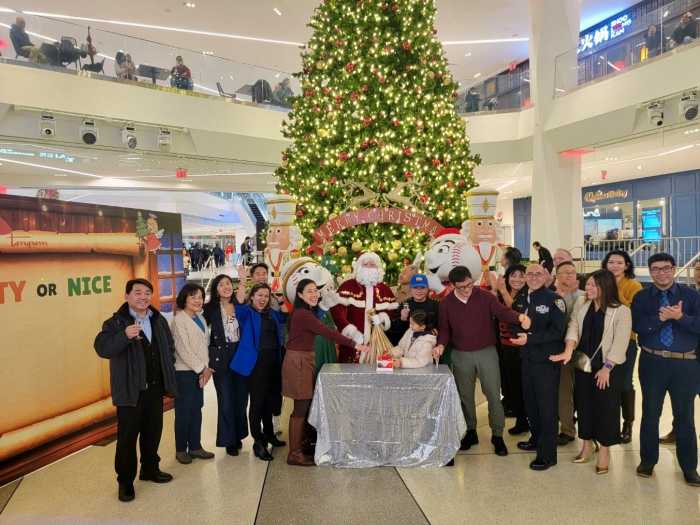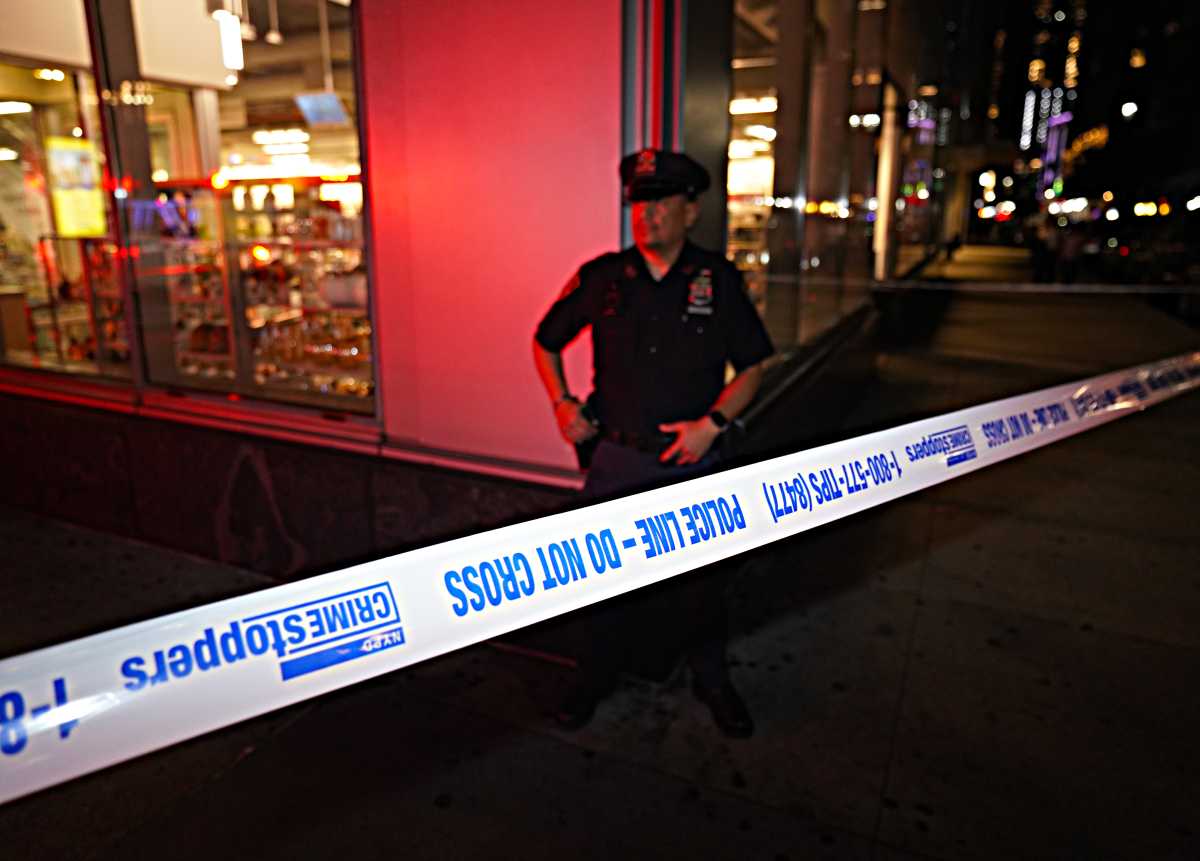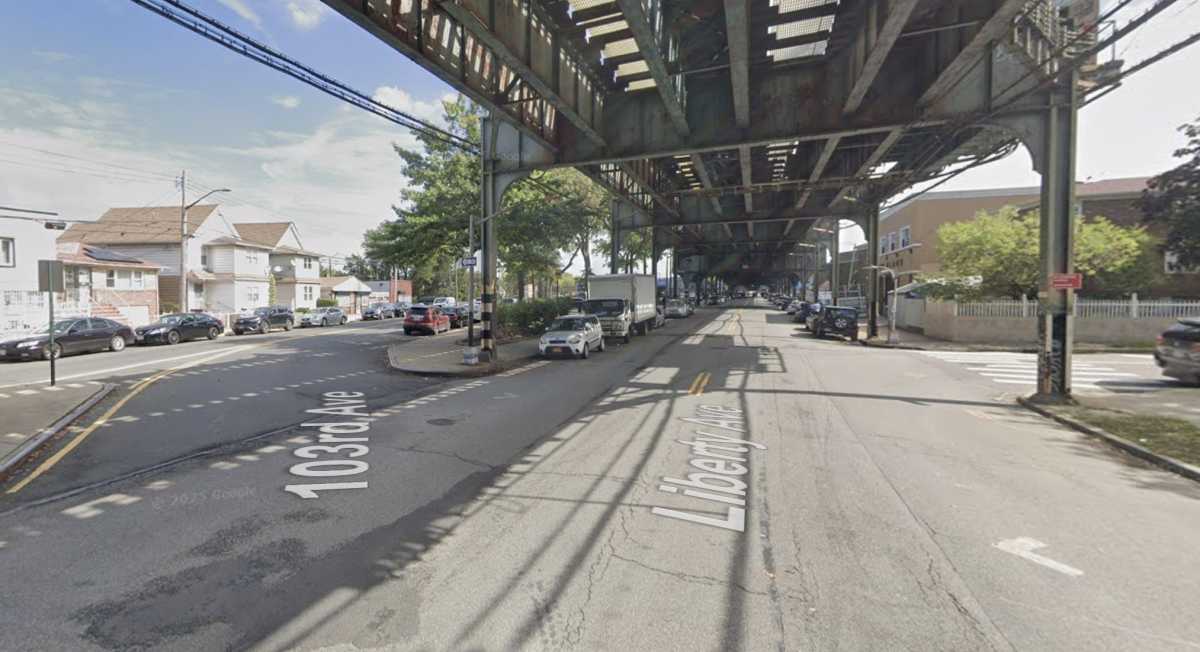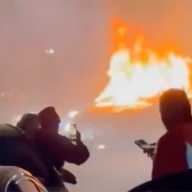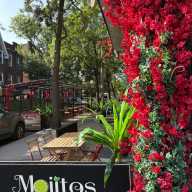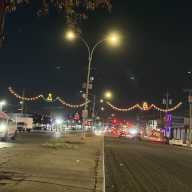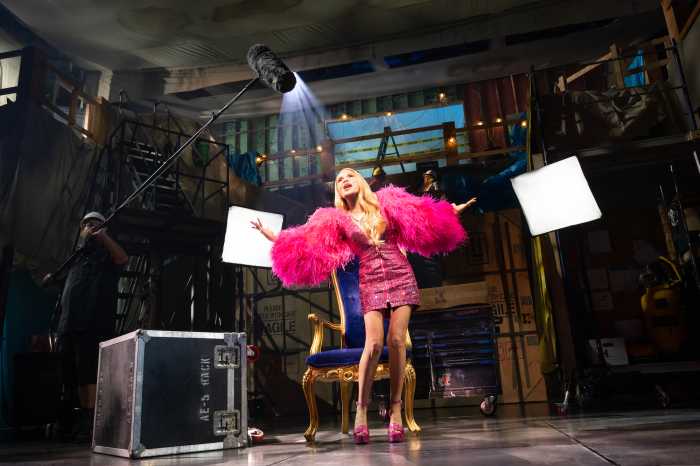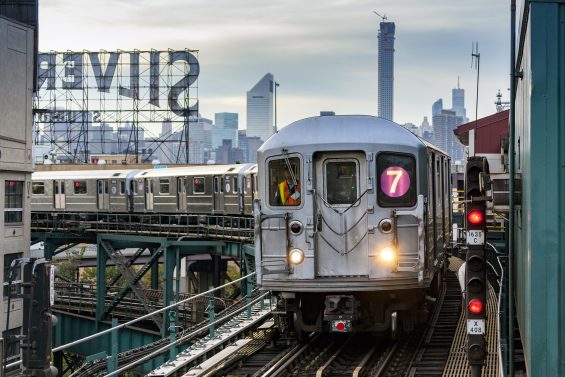 Dec. 12, 2019 By Allie Griffin
Dec. 12, 2019 By Allie Griffin
The 7 train line’s expensive new signaling system was slowed down by a little slush this Wednesday morning, causing the subway line to operate at reduced speeds and New York City Transit President Andy Byford to have some strong words for the outside vendor responsible.
NYCT Subways tweeted that 7 trains were running at slower speeds between 111st Street and Queensboro Plaza in both directions because of inclement weather at about 5:30 a.m. By about 11:30 a.m., service resumed its normal speeds, the agency said.
A year ago to the month, the entire 7 line’s signals were replaced with a new system known as Communications-Based Train Control (CBTC), which helps dispatchers know where trains are along the tracks more precisely than the old system.
The $588 million CBTC project, which took nearly a decade to complete, allows trains to travel closer together and at faster speeds. The 7 line and L line both have the new technology.
Yet the expansive state-of-the-art signal technology failed to compete with flurries during the Wednesday morning commute.
Byford said the failure wasn’t due to the CBTC technology, but because of the CBTC vendor’s “wholly inexcusable” failure to cover every transponder along the elevated 7 line.
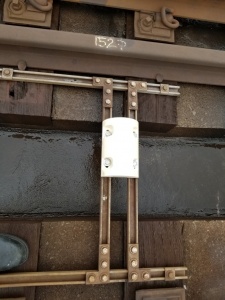
A covered transponder along the 7 train rails (MTA)
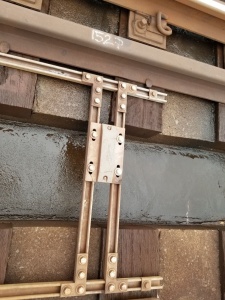
An uncovered transponder along the 7 train rails (MTA)
In a strongly-worded letter to a vice president at Thales, the vendor that installed the CBTC system along the 7 line, Byford said the failure of Thales transponders and its inability to deal with slush has been known to the company since March.
“This is, of course, not a CTBC issue per se, but rather it is a failure on the part of Thales to provide reliable track-side infrastructure,” Byford said in the letter to Thales Executive Vice President of Ground Transportation Systems Millar Crawford.
“I am sure you are embarrassed by the fact that your competitor’s equipment has worked flawlessly on the L line under identical weather conditions,” Byford continued. “Therefore, we know conclusively that this is not a CBTC issue, but rather a Thales issue, and I hold Thales accountable for getting this safely fixed as a matter of utmost urgency.”
Byford said “severe commercial consequences” would result if Thales doesn’t immediately resolve the issue.
Thales was quick to respond with a statement.
“Thales is deeply sorry for the impact this problem has had on New Yorkers and their reliable use of the 7 Line under adverse weather conditions,” a spokesperson for Thales said. “All our teams are fully resourced, mobilized and committed to deliver and deploy the solution as quickly as possible in order to offer New York commuters the best level of service and avoid speed reductions in such weather conditions.”

